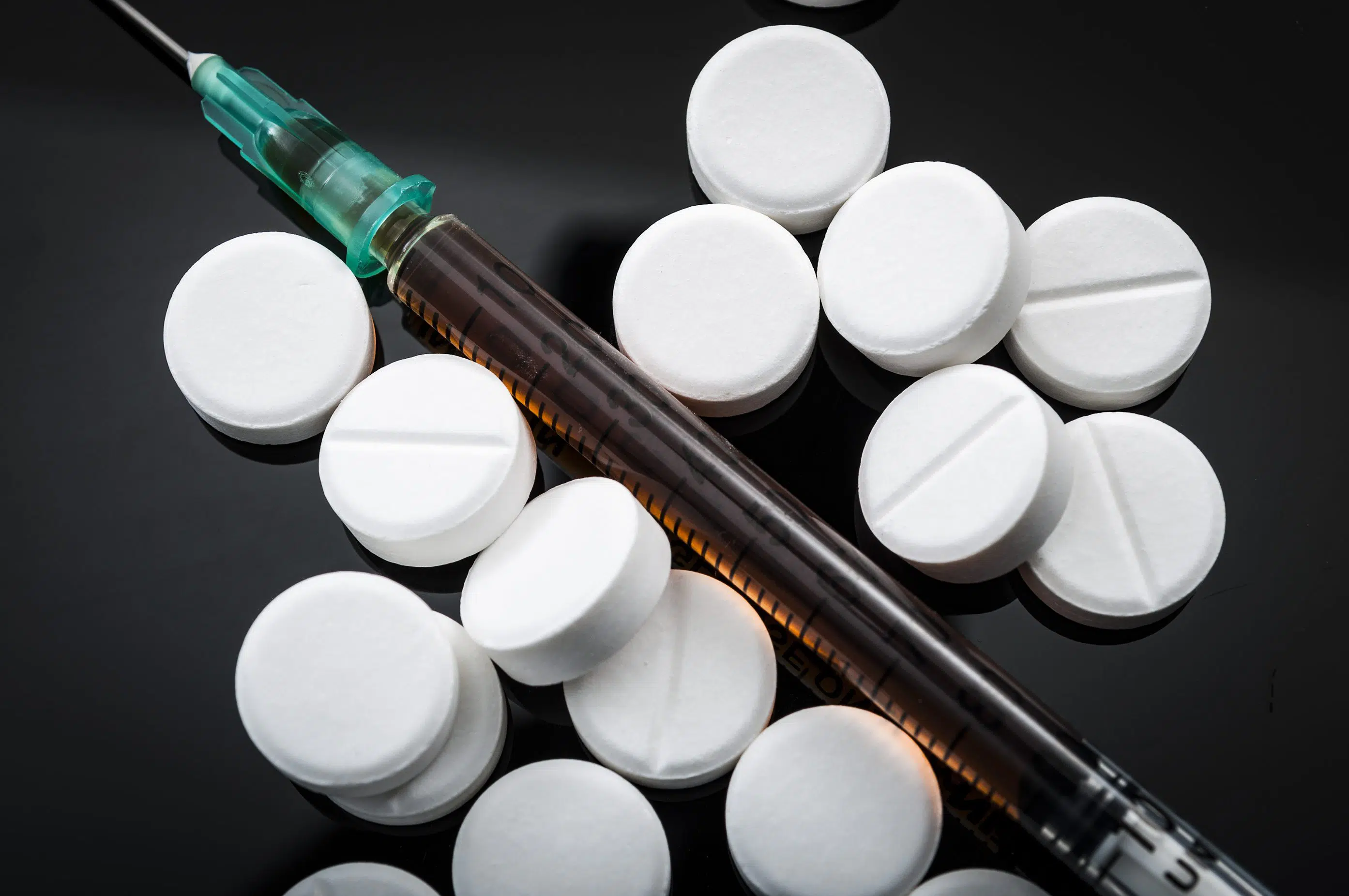 Overcoming addiction means going through recovery, typically used to refer to the time after starting treatment. Recovery means many different things though, depending on who you ask. What most will agree is that recovery is a period of healing and growth, a time where the individual has acknowledged there’s a problem and commits to finding a solution. To understand how recovery impacts an addicted person, you first need to see recovery from various angles.
Overcoming addiction means going through recovery, typically used to refer to the time after starting treatment. Recovery means many different things though, depending on who you ask. What most will agree is that recovery is a period of healing and growth, a time where the individual has acknowledged there’s a problem and commits to finding a solution. To understand how recovery impacts an addicted person, you first need to see recovery from various angles.
The Different Meanings of Recovery
Since the world of addiction treatment has only recently started to become more talked about as a whole, there are still terms without a universally defined meaning. “Recovery” is one of those. When someone is in recovery, they’re working towards being free from addiction but understand they haven’t accomplished it quite yet. Even then there are some who take being in recovery as a guaranteed success with others being wary of the chance of relapsing.
Traditionally, the “recovery” period of 12-step programs encompasses the entire time since last substance use no matter how long it’s been. When used in this manner, it does help acknowledge that addiction is a lifelong condition that can’t truly be cured. While cravings and impulses become easier to manage over time, there will always be periods where they worsen.
Regardless of what recovery means on paper, it has its own weight as the word used to signify someone is on the path that’s right for them. It’s important to see this as a challenging but fulfilling period as addiction is overcome differently for each and every person that chooses to do so.
What Happens During Recovery
Recovery sets a goal that takes time to achieve, but each day spent abstaining from drugs or alcohol is another victory for those in it. In recovery, you are tasked with making the decisions necessary to stay away from substances. This can take a lot of energy, focus and willpower in order to achieve. If you know someone going through recovery, do your best to be there for them during these hard times.
One of the most important but often overlooked aspects of recovery is that it often isn’t done alone. Most addiction treatment programs will have both group and individual therapy sessions in order to help build a network of peers who are working towards the same goal. When you have a small group to tackle addiction together, it can make the journey feel much less daunting. Taking the lessons learned from these group sessions and applying them to existing relationships is how an addicted person can create healthy boundaries with their friends and family. If certain relationships are too toxic or abusive to salvage, recovery is when it’s time to determine if they should continue.
Working with recovery specialists in both group and individual capacities means being able to instantly apply what’s been learned. Building confidence by sharing your story with others can make talking to friends and family about your struggles a more comfortable experience. You’ll find that it goes both ways as those in recovery want to support each other whenever possible.
Recovery Comes in Many Forms
Recovery and addiction treatment will take on different shapes depending on the individual, their level of addiction and the substance being abused. For some, outpatient treatment 3-7 times a week can be exactly the right amount of accountability and therapy. Others may need medical detox to safely end their consumption of drugs or alcohol followed by staying at a rehab facility for the duration of their treatment.
If the time comes for you or someone you know to seek out addiction treatment, America’s Rehab Campus is here to help. We offer free and fully confidential consultations and encourage you to reach out with any questions. Our staff is here to make the entire process, from intake to sobriety, as comfortable and easy as possible.

